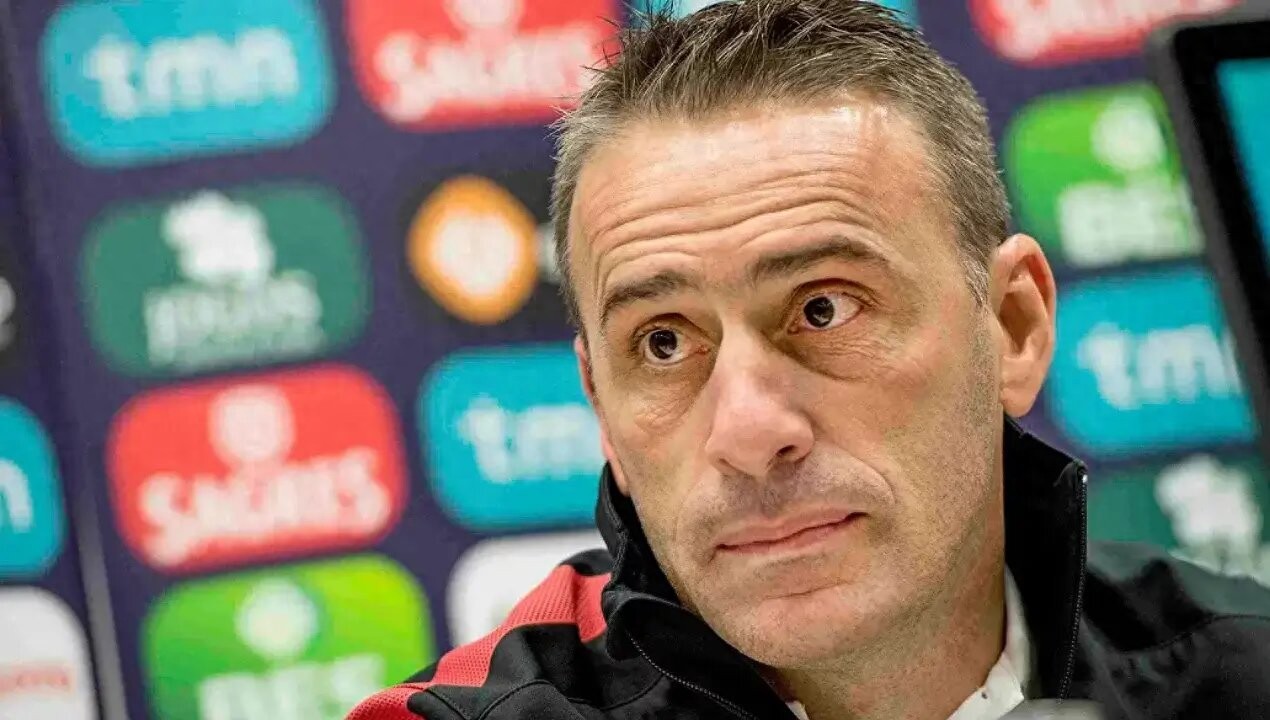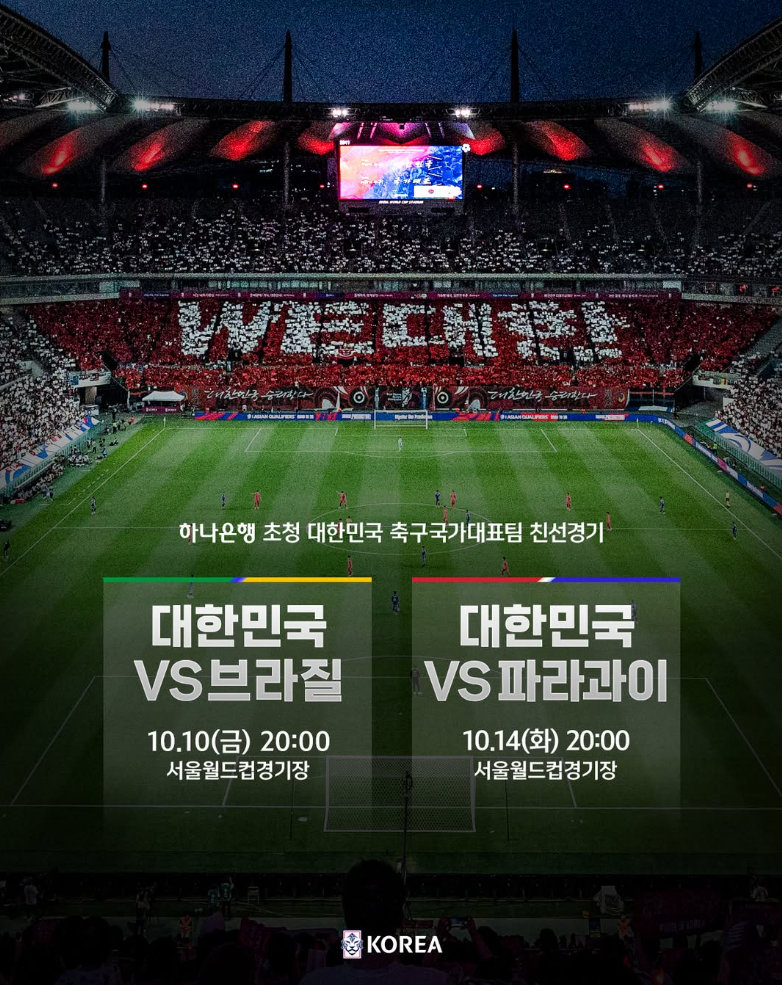Warm-up and coaching changes, Asian opponents stay active

Written by Han Bing In the September international window, although Asia has no World Cup playoffs or Asian Cup qualifiers, the teams did not rest. East Asian nations Japan and South Korea planned early trips to the U.S. for a World Cup rehearsal nine months ahead, facing the hosts USA and Mexico in friendlies. Iran and Uzbekistan competed in the Central Asian Cup, and Australia held warm-up matches with New Zealand. Teams eliminated from the final 18 round and those preparing for October Asian Cup qualifiers mostly arranged friendlies.
Moreover, many Asian teams completed coaching changes before the September international window. From Oman, who will play in the October World Cup playoffs, to Kuwait and Kyrgyzstan eliminated in the final 18 round, and to India, Pakistan, Afghanistan, the Philippines, Singapore, and Timor-Leste preparing for October Asian Cup qualifiers—all made timely coaching adjustments. Uzbekistan, already qualified but seeking a world-class coach, is accelerating negotiations.
Taking warm-ups seriously without official matches
During the September international window, Asia had no official matches, but most teams arranged warm-up games. For teams participating in the October World Cup playoffs and Asian Cup qualifiers, friendlies were essential for preparation. The six qualified national teams have started their warm-up for next year’s World Cup finals. Even teams eliminated in the final 18 round, whose next official match is the Asian Cup in January 2027, are finding opponents to maintain form and earn FIFA points to secure better seedings for the Asian Cup group draw.

Among Asian teams’ September friendlies, those qualified from the final 18 round drew the most attention. Japan and South Korea went to the U.S. early to familiarize themselves with venues, playing warm-ups against host USA and Mexico. Iran and Uzbekistan took part in the Central Asian Cup starting August 29, while Australia contested the traditional trans-Tasman rivalry with New Zealand. Dark horse Jordan, also qualified, played friendlies against Russia and North/Central American team Dominica. Compared to others, Japan and South Korea’s choice of opponents showed more foresight.
The six teams competing in the October World Cup playoffs arranged more targeted friendlies. Saudi Arabia trained in the Czech Republic, playing warm-ups against North Macedonia and the Czech team. These two teams acted as substitutes for Indonesia, Saudi Arabia’s playoff group opponent, since Indonesia’s squad mainly consists of naturalized players competing in Europe, giving them a more European style. Indonesia hosted Lebanon for a friendly, simulating their West Asian playoff rival. On August 29, the Indonesian Football Association naturalized 20-year-old striker Zaistara from Dutch club Volendam, further increasing their naturalized player pool. Iraq chose to participate in the King’s Cup to face Thailand and get familiar with Southeast Asian teams similar in style to Indonesia. Other playoff group teams Qatar, Oman, and UAE also scheduled full warm-up programs in September. Oman was invited to the Central Asian Cup.
Most teams preparing for the October Asian Cup qualifiers arranged friendlies, including those from the lowest tiers of Asian football such as Maldives, Sri Lanka, Nepal, Bangladesh, Myanmar, and the Philippines. Vietnam, a stronger team, did not schedule international matches as head coach Kim Sang-sik led the U23 squad in the U23 Asian Cup qualifiers. However, the senior Vietnam team still trained normally under an assistant coach and played two internal friendlies against Hanoi Police and Nam Dinh Steel clubs from the Vietnamese league.
Among the six teams eliminated in the final 18 round, Kuwait, Palestine, and Bahrain arranged at least one friendly each; Kyrgyzstan participated in the Central Asian Cup; North Korea, often struggling to find opponents, played two friendlies against Russia’s U17 youth team. Notably, Maldives, currently without a head coach, arranged two friendlies against Sri Lanka. Among AFC member associations, only China, Yemen, Pakistan, Bhutan, Northern Mariana Islands, Guam, Mongolia, Laos, Cambodia, Timor-Leste, and Brunei did not schedule friendlies in September.
Efficient coaching changes across teams
After the June international window, many Asian teams began changing coaches. Uzbekistan, already qualified, seeks a foreign coach with World Cup experience. On August 25, Paulo Bento, who managed Portugal and South Korea at the World Cup, along with his agent arrived in Tashkent. Local media believe Bento’s appointment is almost certain, and domestic coach Kapadze will step down after leading the team in the Central Asian Cup.
Oman, competing in the October World Cup playoffs, announced Quiroz as head coach on July 15. The Portuguese coach immediately arranged for Oman to participate in the Central Asian Cup starting August 29 and planned 3 to 5 matches during the September international window to quickly familiarize and integrate the team. Kuwait, eliminated in the final 18 round, appointed Portuguese coach Helio Sousa, who previously coached Bahrain for four years, on July 31. Kyrgyzstan’s Russian coach Lisitsyn was dismissed on June 27; the Central Asian Cup team is temporarily led by domestic club coach Abduraimov, with a possible permanent appointment if results are good.
Among teams preparing for the October Asian Cup qualifiers, the Philippines appointed Spanish coach Cuadrat as interim head on June 1; nine days later, he led the team to a 2-2 home draw against strong Tajikistan in the qualifiers and was confirmed as head coach on July 24. Singapore dismissed Japanese coach Ogura on June 24, with local assistant Lee Sipin acting as head coach. On July 21, Pakistan promoted Peruvian coach Solano, who previously led their U23 team, to head coach. Solano, a former player for Newcastle United, Aston Villa, and West Ham United in the English Premier League, also served as assistant to Argentine coach Gareca for seven years with Peru’s national team from 2015 to 2022. Pakistan, a lower-tier Asian football nation, surprisingly secured such an experienced Peruvian coach.
On August 1, India appointed Jamir, head coach of an Indian Super League team, as their new coach—the first local coach in 13 years. He led India to a 2-1 Central Asian Cup win over Tajikistan on his first match on August 29, India’s first victory over Tajikistan in 17 years and first away win in 652 days. On August 9, Chinese Taipei announced Huang Zheming, head coach of the Taipower club, as their new coach to lead the remaining four Asian Cup qualifier matches. The last coaching change was in Timor-Leste, where Portuguese coach Ze Pedro officially took charge on August 27. Among AFC member teams, aside from China’s men’s team, only Maldives currently has a vacant head coach position after coach Susain was dismissed on June 11 and no replacement has been named yet.










 Links
Links
 Contact
Contact
 App
App


